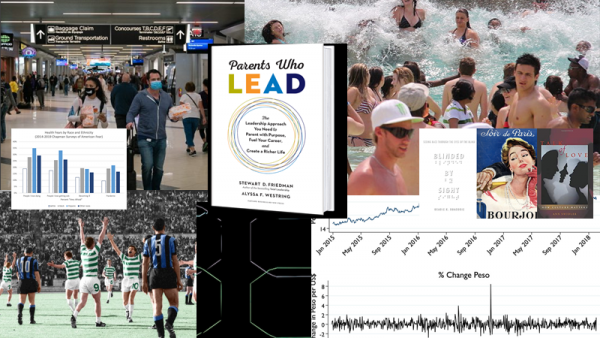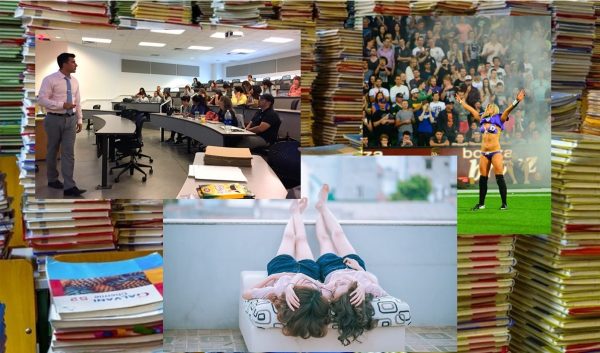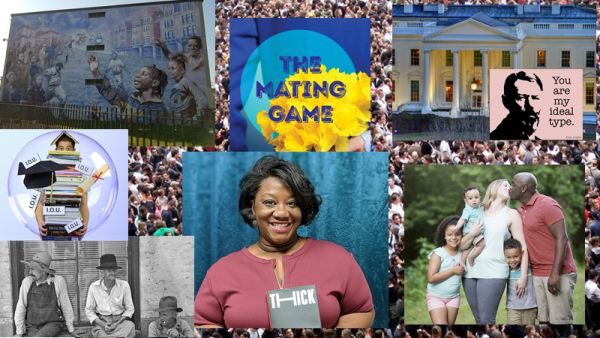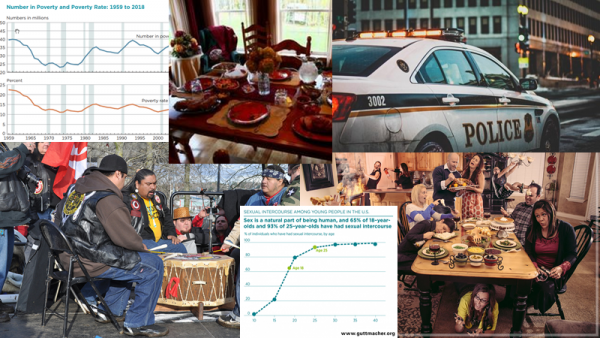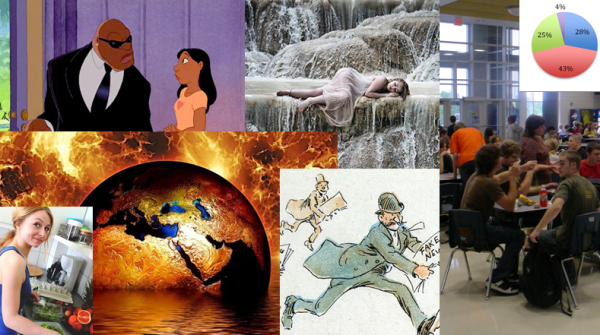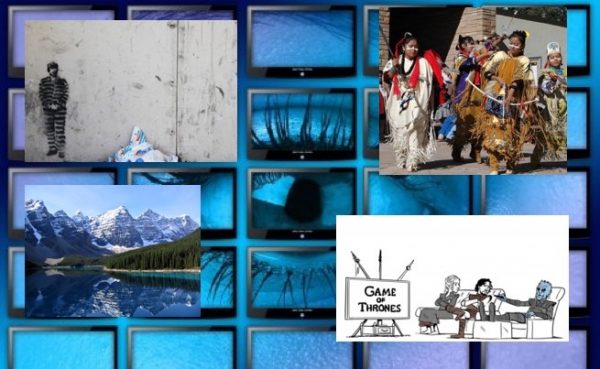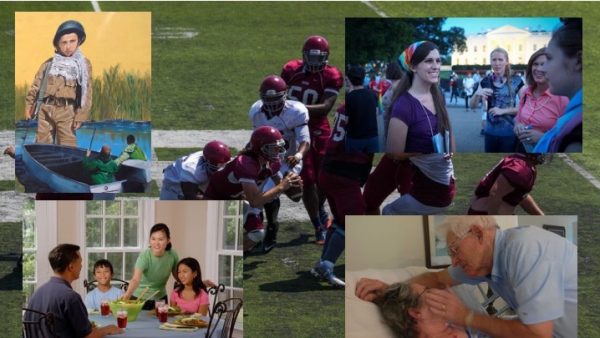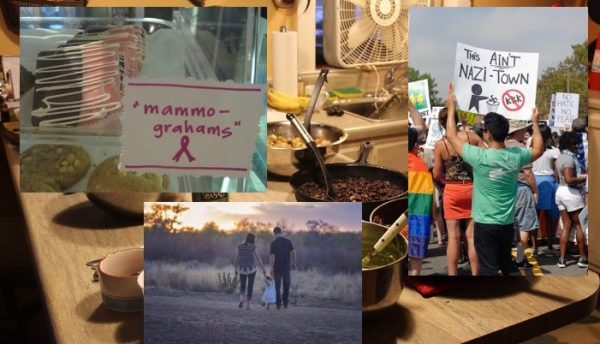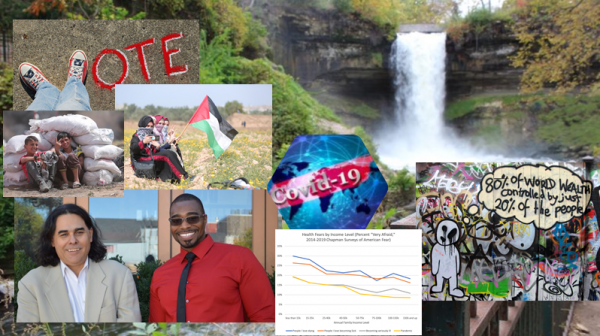
Welcome back! This week, we bring you new research on rural college-goers and a TSP Classic on the sociology of public outings. We also bring back a popular piece from Soc Images that helps us understand the relationship between social inequality, fears about health, and pandemics.
Discoveries:
“Parents’ Lack of Education Fuels Push for Children’s Education” by Nick Matthews. New research helps us to understand how rural parents, often lacking financial resources or higher education, can be an asset to their children’s college-going.
“Best of 2018: More Than Just a Walk in the Park” by Brooke Chambers. We bring back this TSP Classic exploring how our public outings are influenced by social factors, like identity and bias.
From Our Partners:
Contexts
“Call for Papers: The Global Impact of the Coronavirus” by Rashawn Ray and Fabio Rojas.
“Working to Live: Winter 2020” by Rashawn Ray and Fabio Rojas.
“Gender in the One Percent” by Jill Yavorsky, Lisa Keister, and Yue Qian.
“American Academics’ Apathy and Complicity in Palestinian Oppression” by Johnny E. Williams and David G. Embrick.
Sociological Images
Back by popular demand! We reposted “Social Inequality, Medical Fears, and Pandemics” by Joseph O. Baker, Ann Gordon, L. Edward Day, and Christopher D. Bader.
From Our Community Pages:
- Cyborgology analyzes a movie with an older-adult protagonist who faces the choice between being placed in a care facility or accepting being taken care of by a home-care robot.

